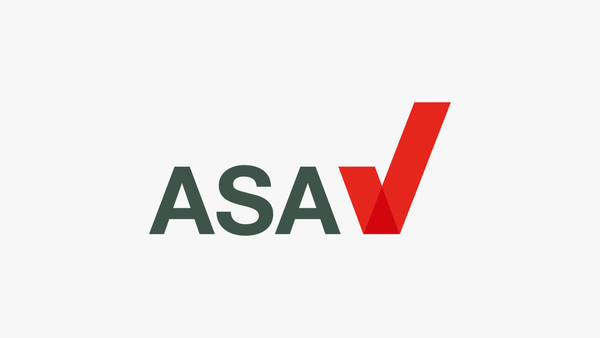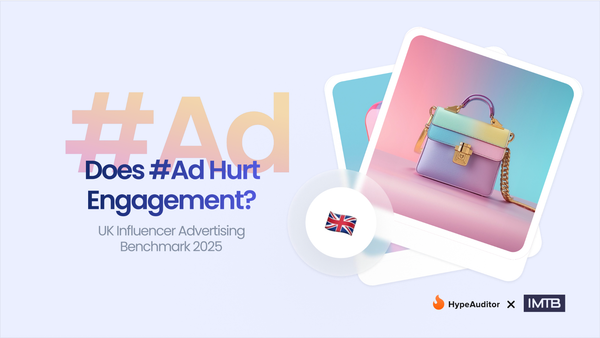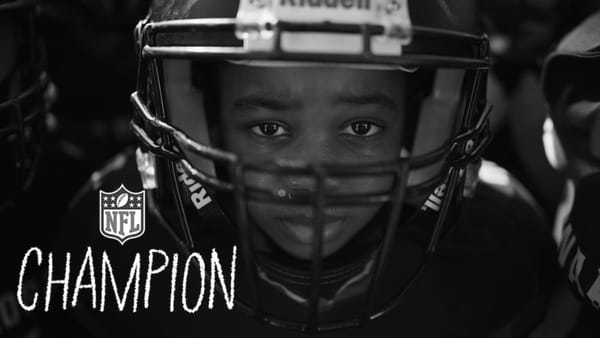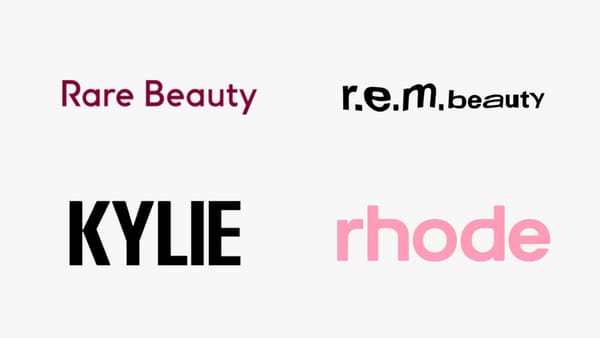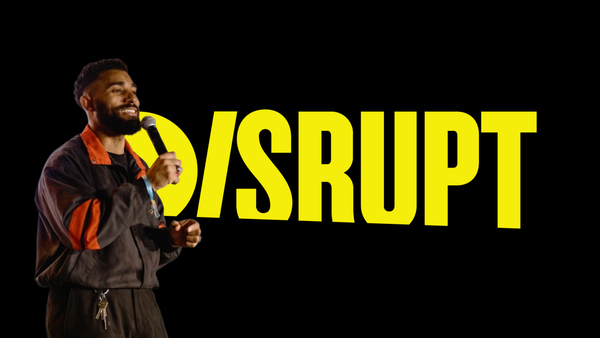The debacle has now escalated further with influencers snatching the headlines once again. Many continue to soak up the sun at resorts in the Gulf in spite of the UK government’s attempts to enforce the message through a new ad campaign warning that holidays are “illegal” as new flight bans come into force.
Watching this situation pan out opens up some interesting conversations around the impact this can have on brands that work with these influencers; both in terms of consumer expectations and business process. This may also have an effect on social media marketing as brands continue to navigate through ongoing lockdowns.
Brands should be cautious about how they engage influencers
Now, more than ever, it is highlighted that brands need to be even more cautious and conscientious about how they engage influencers in the current landscape. It proves that there is a very real need to be culturally aware of the sentiment and tone-of-voice around influencer partnerships and influencer-generated content. This will ensure that brands aren’t alienating the very consumers they want to engage. Thus finding themselves embroiled in a cultural backlash that is capturing headlines for all the wrong reasons.
The term ‘escapism’ is one of many to have crept into our vocabulary a lot over the last year and it’s true that people are craving it like never before. What we’re finding is that consumers are looking for this more in the form of entertaining, comedic, or educational content that’s raw and real, not polished and unattainable at the present time.
Staying relatable
Excessive displays of materialism or privilege just aren’t resonating when the majority of the population. Most are following stay-at-home orders and experiencing anxiety around the uncertain economic, political and social environment we’re living in. Just look at the success of Sea Shanty TikToks and at-home Instagram ‘How To’ tutorials. Content like this is realistic and authentic, attracting far more engagement than beautifully filtered beach shots.
For brands, the Dubai debacle has shone a spotlight on just how essential it is to audit and vet talent thoroughly and ensure rigorous contracting takes place, with the inclusion of a morals clause. Businesses have spent years if not decades building their brands’ reputation and just one negative mishap like this can have long-term devastating effects. It’s absolutely crucial to ensure that a brand’s reputation is protected in the event of any misbehaviour from the influencers that they work with.
When it comes to influencer marketing, it’s key to understand the shifting global landscape and be aware of the nuances around COVID-safe behaviour in different territories. In some countries, it’s still legal to travel and is even being encouraged to promote tourism and stimulate the economy. This is why brands work with experts in the field who can navigate this minefield on their behalf and provide an analysis on whether it’s brand safe to activate certain influencers in certain areas.
Remaining in line with your brand values
The importance of careful vetting for brand alignment can not be overlooked and this is where the clever combination of human insight and data comes into play; using platforms to determine engagement and forecast impressions for talent performance layered with human insight to determine brand relevance and audit for brand safety.
The Dubai story may very well soon be put to bed and the influencers eventually forgiven by their followers for their actions but when it comes to brand safety, just one negative experience can have damaging effects for a long time to come. Careful vetting and comprehensive talent audits are crucial in determining brand alignment to avoid any backlash in the COVID-19 climate.


